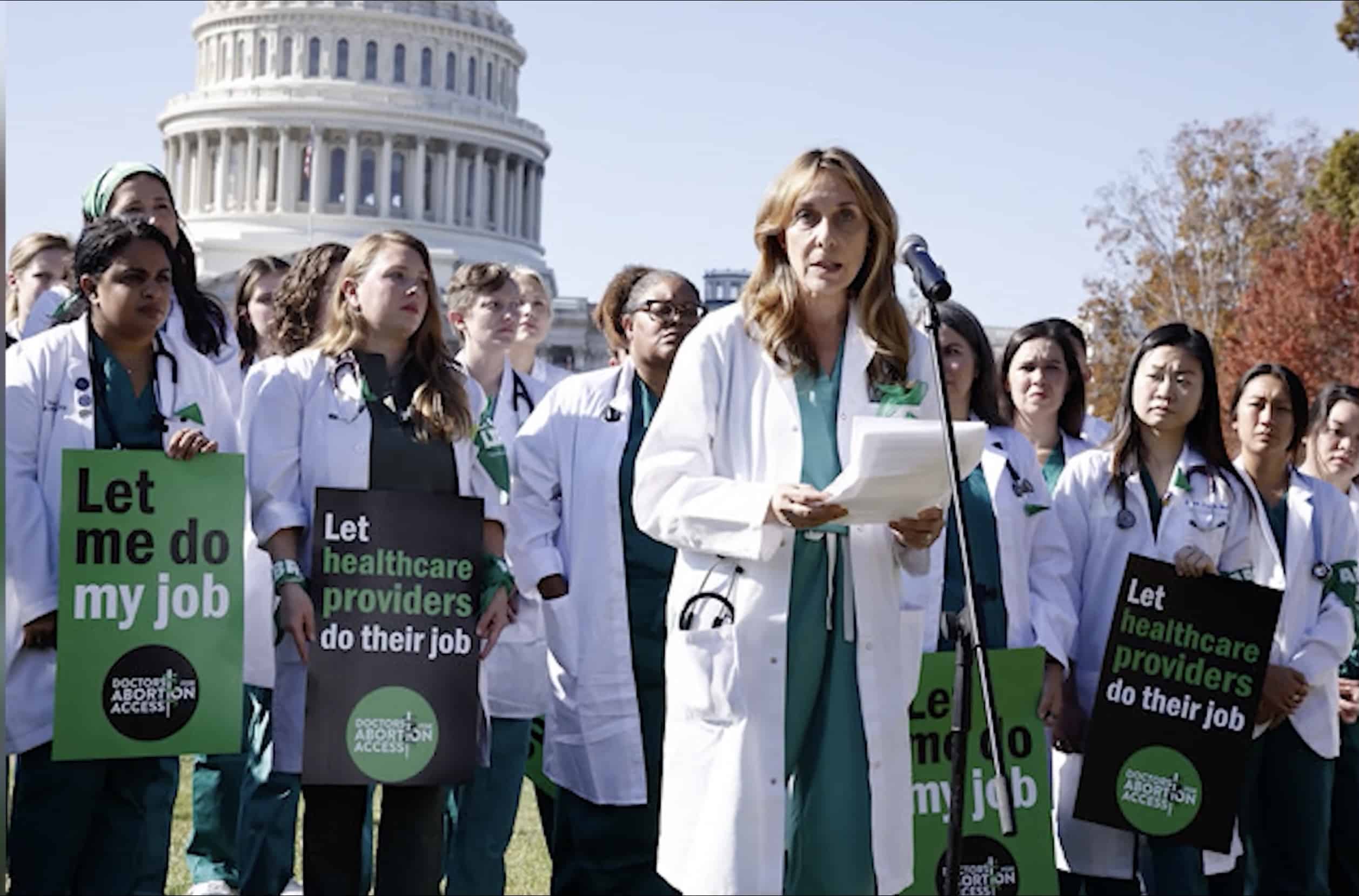The daily threat of terror and violence must stop
C.A. Goldberg, PLLC is committed to combating the targeted harassment and intimidation of abortion providers and allies by anti-abortion extremists. Since 2017, we have provided free legal representation to providers, clinics, researchers, and advocates experiencing online and offline attacks, harassment, and privacy violations. We understand the unique challenges the reproductive healthcare community faces. Whether you are dealing with immediate threats or require ongoing legal support, we are here to help safeguard your privacy, safety, and rights against anti-abortion harassment in all its forms.
Get in Touch


 Stop Weaponizing Open Records Demands
Stop Weaponizing Open Records Demands


